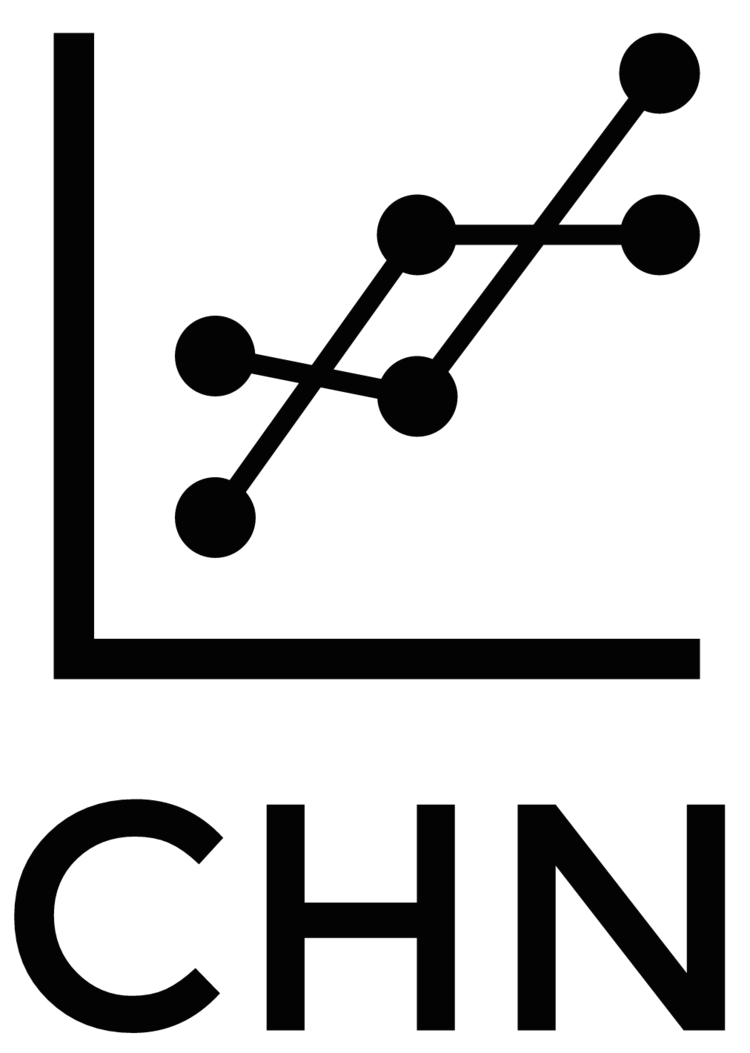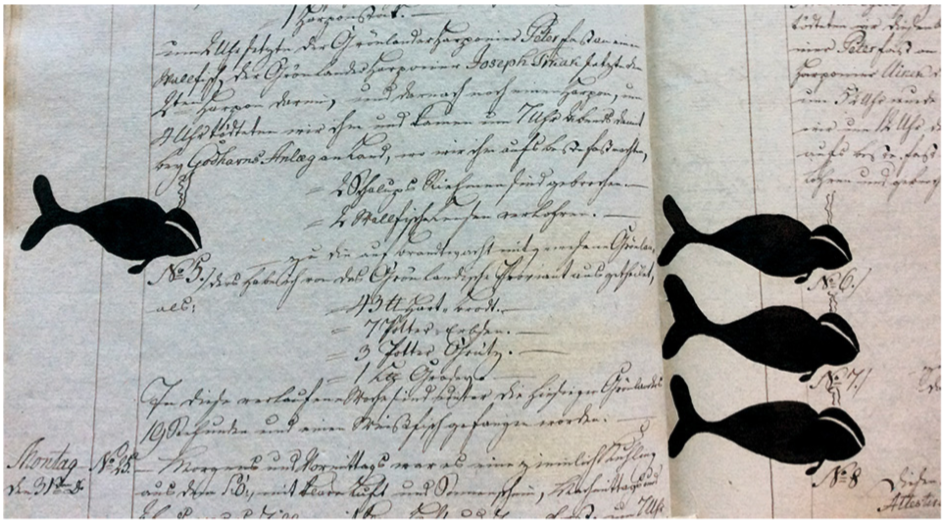Results of the study
A forthcoming palynology study on Lago di Mezzano in central Italy provides greater clarity to the landscape history in the region. In presenting her 15,300 year record, the author traces a shift from oak to beach to alder cars to a heavily human-modified assemblage in the recent past. This pollen data suggests that the area was most heavily impacted by humans during the Bronze Age, imperial Roman era, and the middle ages, though differently in each separate case. Read the full article here.







